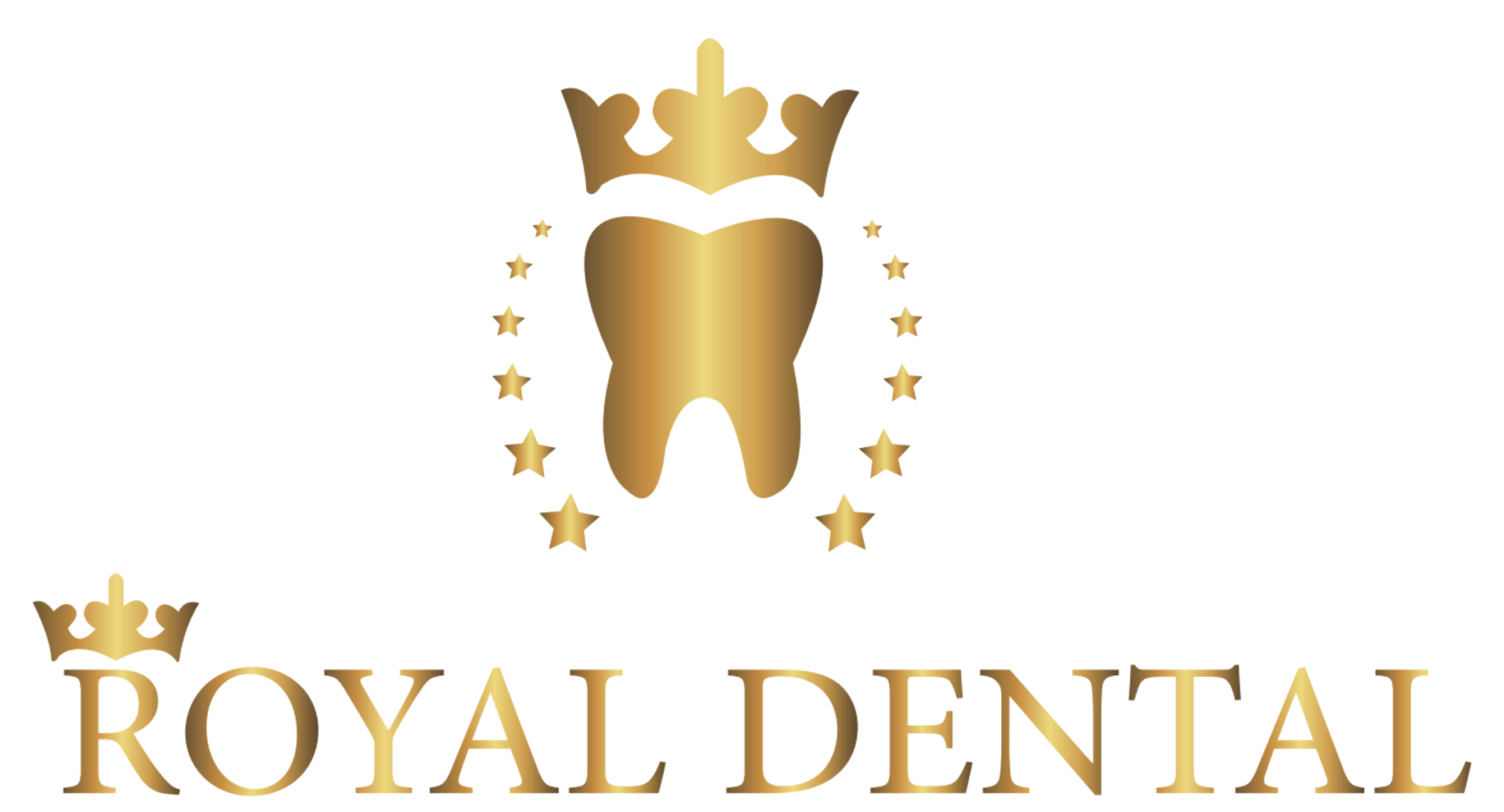What is a dental prosthetist?
A Dental Prosthetist is healthcare professional who specialises in the fit and manufacturing of removable full and partial dentures. Dental Prosthetist will usually begin as a Dental technician working in laboratory’s making dental appliances for all facets of dentistry. After further study at University they are able to deal direct to the public and specialise in the fit and supply of removable prosthetic (dentures).
Why visit a dental prosthetist rather than a dentist?
A Dentist can and will make dentures however the price can be up to 50% higher than a Prosthetist due to the cost that they encounter from the dental laboratory in making your dentures. A Dental Prosthetist will fit and manufacture your dentures on site and therefore save you time and money. A Prosthetist’s technical skill will often provide you with a far superior denture.
Why are my dentures loose?
Over time the bone in your mouth will resorb or shrink so the fitting surface of your denture will no longer fit the shape of your mouth. This process is especially noticeable after you have teeth extracted as the underlying bone structure begins to change. This resorbtion will continue to occur 6-9 months after you have had teeth extracted.
Relining your existing denture is the most common form of treatment however it is important that once your denture becomes that you visit your local Dental Prosthetist to have your dentures examined and the problem corrected.
How long will my dentures last?
It is recommended that your dentures be replaced every 7-8 years with regular 6 monthly check-ups by a dental Prosthetist. Over time your denture will show signs of wear and may require relining, rebasing or remaking.
What are implant retained dentures?
An implant-supported denture is a type of overdenture that is supported by and attached to implants. An implant-supported overdenture is attached to implants, while a regular denture rests on the gums, is not supported by implants, and tends to fit less firmly in the mouth.
Your implant-supported denture will be more stable than a regular denture. You will find it easier to speak and you won’t have to worry about the denture becoming loose or falling out of your mouth. You generally will be able to eat foods you could not eat before.
How should I clean my dentures?
It is vital to maintain proper oral hygiene for your natural teeth as it is for your artificial teeth. To prevent the buildup of plaque or tarter, brushing of the gums around and between teeth should be done at least twice a day. This will also prevent odour causing bacteria to build up causing bad breath.
Clean and brush your denture after each meal to remove debris, paying close attention to areas around the clasps where food will tend to gather on partial dentures and the tissue fitting surfaces of the denture on full and partial dentures. Using a soft denture brush with a low abrasive (inexpensive) tooth paste will prevent the buildup of tartar. Regular soaking in a commercial denture cleaner is also advised.
Avoid the use of harsh bristle brushes or abrasive materials as it will lead to premature wear of your denture. To prevent accidental damage it is advisable to hold the denture while cleaning over the sink filled with water or a soft towel or face washer. Care must be taken not to break or bend the metal clasps as the fit will be compromised.
More questions?
If you have more specific questions please contact the clinic and we will be happy to discuss.

